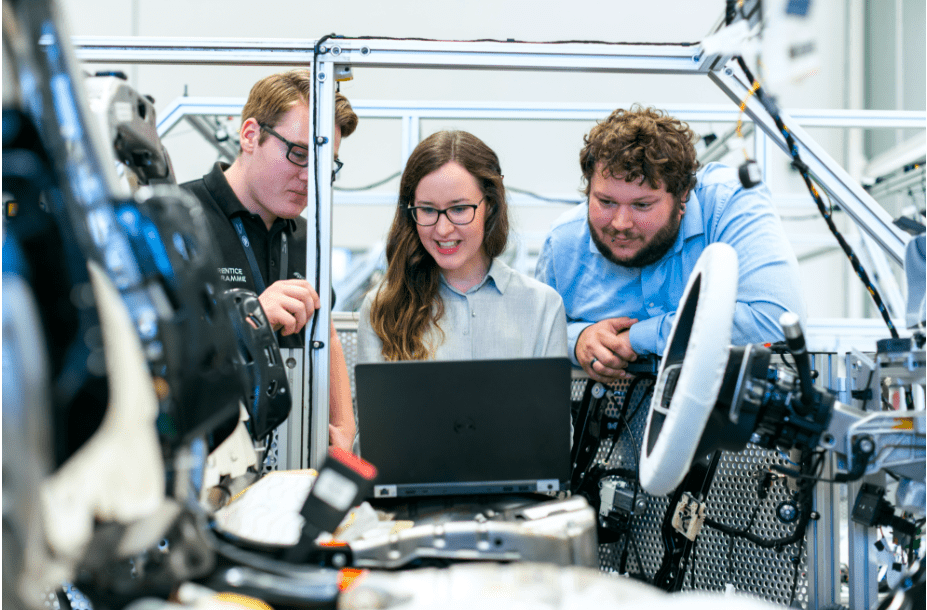Work experience is a valuable bridge between the world of education and the world of work, offering young people a chance to explore careers and gain essential skills. However, there’s a pressing need for improvement in the availability and accessibility of high-quality work experience opportunities for our youth.
The school-to-work transition can be daunting, especially for those who lack workplace exposure. Equally, it presents challenges for businesses hiring young individuals with limited experience. Work experience plays a pivotal role in narrowing this gap, providing young people with a taste of the professional world and fostering skills, motivation, and confidence. At Startingpoint we understand the value of work experience and how it makes a difference to candidates wanting to stand out from the crowd. Especially when evidencing their achievements using our online careers portal. But how can work experience be made more accessible for all and why are any young people missing out on this invaluable opportunity to kick start their future career?
Dr Hilary Leevers, chief executive of Engineering UK, addresses this in a recent article, discussing how despite the advantages of work experience, a significant portion of young people are missing out. The ‘Work Experience For All’ report by Speakers for Schools reveals that only one-third of teenagers aged 16 to 18 have engaged in work experience, and merely half of 14 to 16-year-olds have had the opportunity.
The situation is even more disconcerting when we consider that inequalities persist, disproportionately affecting young people from disadvantaged backgrounds. The report indicates that students often rely on their parents’ social and professional networks to secure placements, creating unequal opportunities. This inequality is further exacerbated by independent school students being twice as likely to have undertaken multiple work placements compared to their state-educated peers, and students with special educational needs and disabilities in mainstream schools being less likely to access work experience.
In the engineering sector, ensuring a skilled workforce for the future demands a heightened focus on work experience opportunities for young people. Traditional face-to-face work experience is invaluable, but it presents challenges for those who do not live near available placements or for employers transitioning to hybrid work models.
Furthermore, there is a significant risk to current work experience levels. The EngineeringUK and Make UK report, ‘Unlocking talent: Ensuring T Levels deliver the workforce of the future,’ emphasises the need for more skilled workers and highlights the benefits of T Levels, a new technical route designed for 16 to 19-year-olds. While T Levels include a 45 to 50-day industry placement, employers must continue to offer work experience alongside T Level placements. The estimated need for industry placements in engineering, manufacturing, technological, and digital skills could reach 43,500 by 2024/25. We urge industry leaders to invest in the future of young people and reach out for support if needed.
In conclusion, collaboration and action are essential to ensure that young people across the UK have access to high-quality work experience opportunities, inspiring them to pursue careers in engineering and technology. By expanding and diversifying these opportunities, we can better prepare our youth for the challenges and opportunities of the professional world.






